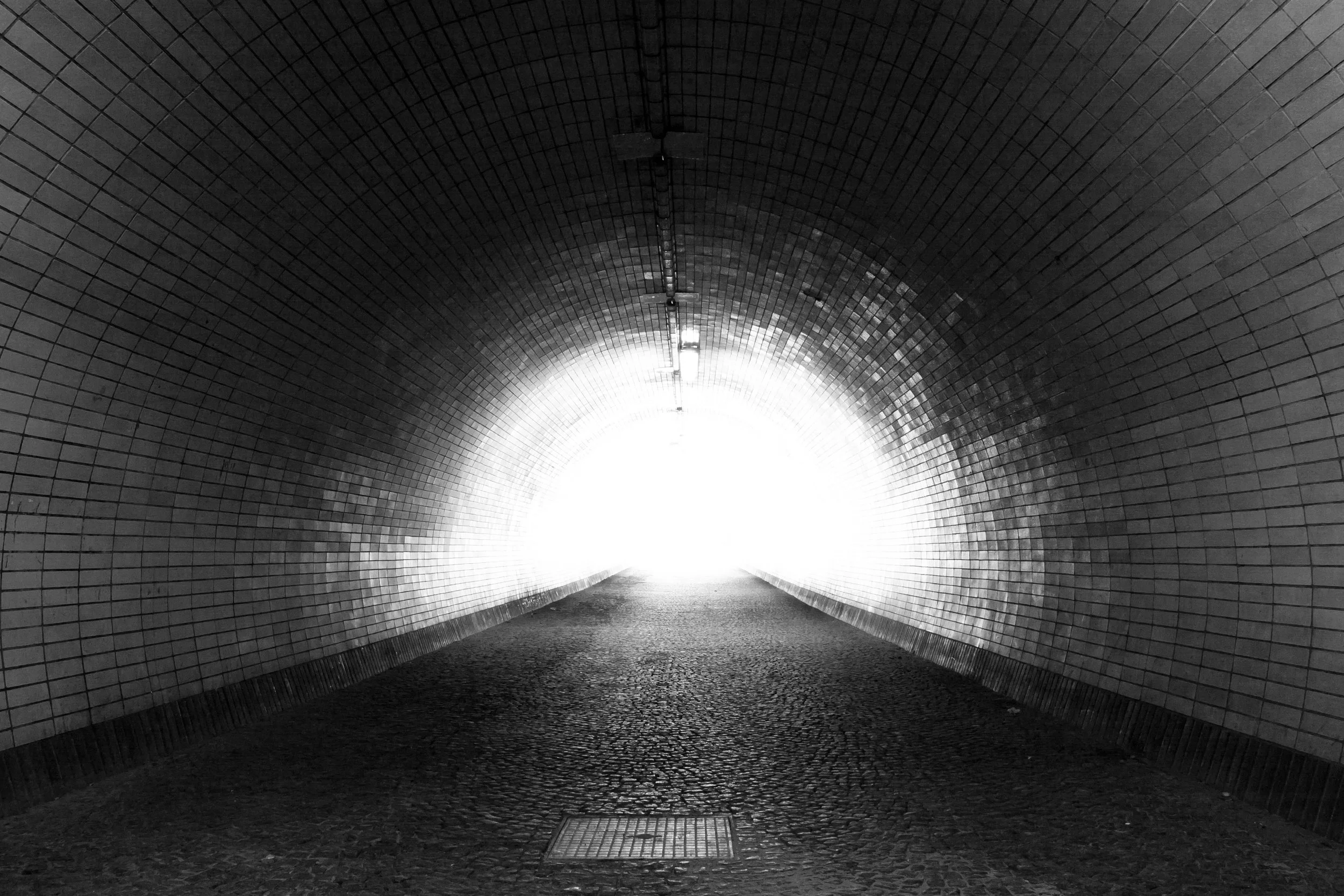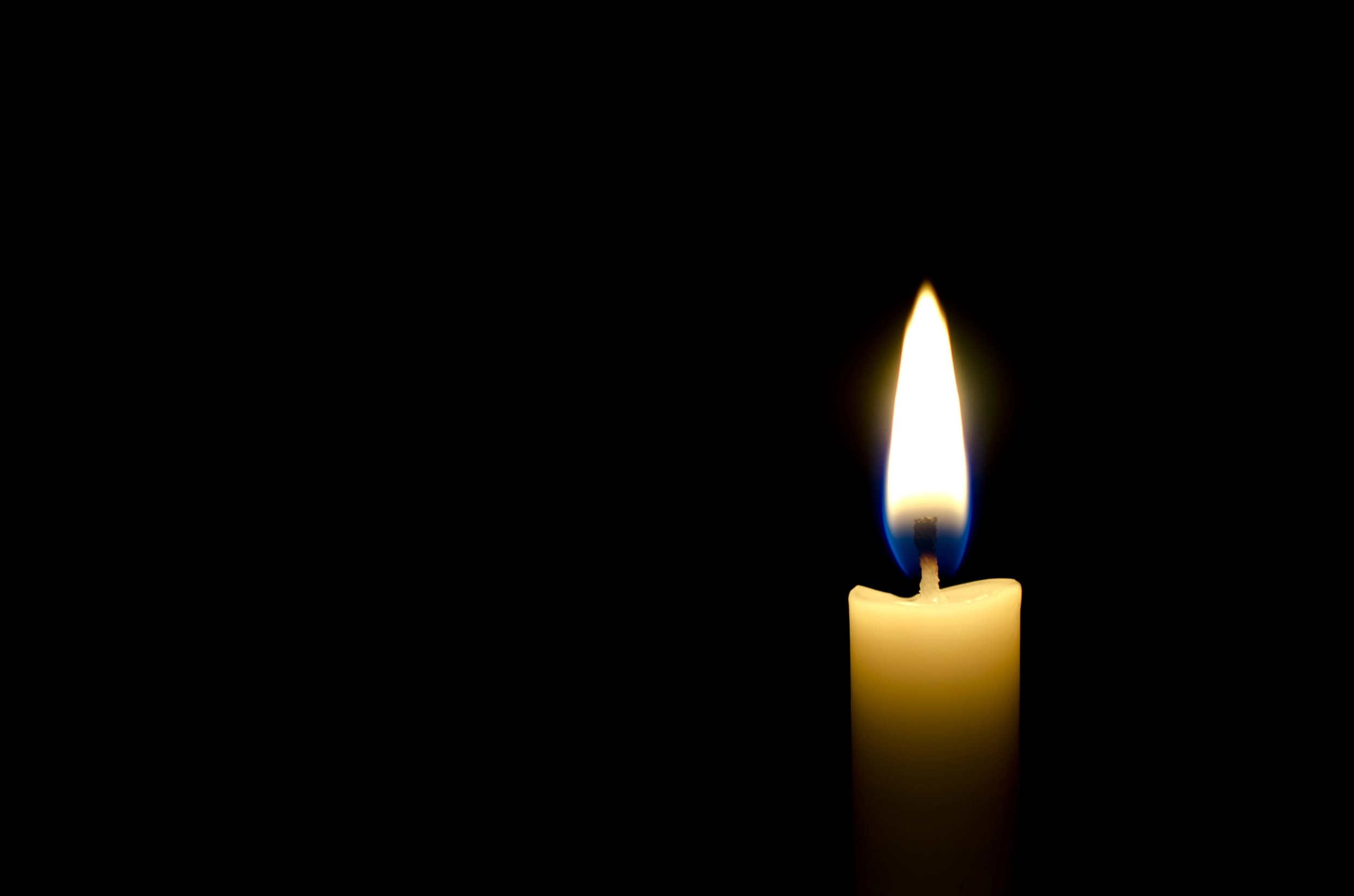Short Story: The Tree
Amazon Affiliate Disclosure
Pauline J. Grabia participates in the Amazon Services LLC Associates Program, an affiliate advertising program, and earns from qualifying purchases from links in this post.
Please subscribe to my email newsletter for updates on my website and blog. You can do so in the form found in the footer of this page. Thank you!
Here’s another short story I wrote. Please enjoy it and let me know what you think. Your comments are like sweet perfume! And don’t forget to subscribe to my newsletter!
The Tree
After his drive home from seeing the specialist in Edmonton, Matt Campbell passes by the old hobby farm where he grew up. His older sister, Michelle, and her family now live there, having taken over the place after their mother, Carol, passed away ten years ago. Matt hasn’t been back to visit his sister or his old stomping grounds since his mother’s funeral.
He wouldn’t stop that evening even if he had better news or someone waiting for him at home to talk about his prognosis. He’d keep driving, but he sees four apple trees standing in the orchard on the farmyard where there should only be three. The sight forces him to pull his Jeep over to the side of the two-lane highway, do a U-turn, and drive onto the yard.
Matt drives past the house and down the gravel driveway to the small orchard where he and his father, Rob, planted seedlings when Matt was eight. He was so excited that day they returned from the nursery. He helped plant the “Goodland” apple trees on their ten-acre property. Dad warned him that it would take two to four years for the trees to produce fruit, and, in the meantime, it was Matt’s responsibility to keep them watered and watch for signs of disease like fire blight. It was a responsibility young Matt took seriously. Daily, he checked the trees and made sure they had enough moisture for growth.
After parking the Jeep along the driveway’s edge, Matt walks through deep grass, ignoring the ankle-biters. The sun is setting in the west, casting a rosy glow in the sky and over everything around him. A warm September breeze rustles through the leaves on the heavy boughs of the four twenty-five-foot-tall trees. Four. And the one that shouldn’t be there stands the tallest and fullest, laden with bright pink fruit just about ready to be picked.
He hears the rustling of her feet in the grass and smells the scent of her fabric softener before hearing his sister’s voice.
“It’s been a long time, brother.”
He turns his head to look at Michelle. She’s ten years older than him but doesn’t look it, her curly, red-dyed hair pulled back in a ponytail. Soft green eyes are glassy with tears, and a smile plays at the corners of her mouth as she looks at him. She carries a travel mug in each hand and hands one to him as if she expected him to show up.
“When did you plant a new tree here?” he asks, disapproving. No question about how she or her family is doing. Not even a hello.
Michelle looks at the branches and shakes her head. “We didn’t.”
“Had to have. I cut it down just after Dad died. Blight.”
The same day Matt saw the first apples forming where blossoms were dying off on the quartet of trees, he found signs of blight on the favorite, the largest and seemingly most robust—that same day. Rob came home early from the field, feeling sick. A week later, he and Carol sat Matt down to tell him the bad news: his dad had pancreatic cancer. It was terminal. Michelle wasn’t there to hear the news. She’d run away from home five years earlier. Matt had to process it alone.
As Rob vainly fought for a few extra months with his family by undergoing toxic chemotherapy, twelve-year-old Matt battled the fire blight on the tree. First, he treated the still-blooming blossoms with streptomycin, which only slowed the blight; it didn’t eliminate it. The tree was already infected. Although it was too late to save the tree, Matt kept fighting, using biopesticides and copper sprays. They helped prevent the disease from infecting the other three trees but didn’t cure the sick one. It was doomed. It was only a matter of time before Matt would have to cut it down to save the others.
“Then where did this tree come from?” Matt asks. “It shouldn’t be here.”
“It grew out of the stump,” Michelle says. “A miracle, I guess.”
“Couldn’t have. It wouldn’t produce good fruit from the original root, but it is. Impossible.”
Michelle shrugs and loops an arm around his. “We’re sitting down to supper. Come in and join us. Please.”
His first instinct is to decline, hop into his Jeep, and head home, but something urges him to accept her invitation. Maybe it’s his burning curiosity about the tree and his desire to learn more. Or perhaps he just needs someone to talk to right now. Unsure of his true motivation, he nods anyway and follows her into the house he grew up in.
The décor has changed over the years, but the house’s structure remains the same and brings back many memories, some of which he would prefer to leave untouched. The large country kitchen is still mostly the same, with the dining nook where Pastor Ned and his wife Sylvia sat talking with Matt’s parents after the diagnosis, as Rob grew weaker and more painfully tormented. Matt remembers standing outside the kitchen where he couldn’t be seen but could hear every word of the adults’ conversation.
Pastor Ned shared the Gospel with Rob, who had never been much of a churchgoer and usually stayed home on Sunday mornings when Carol took Matt and Michelle to Sunday School. After Michelle ran away, only Matt went to church with his mom. As Pastor Ned shared, Rob listened silently while holding Carol’s hands. Then he prayed the Sinner’s Prayer, following Ned’s lead, speaking in a voice softer and gentler than Matt had ever heard before.
Fall turned into winter, and winter into spring. The next April arrived, with most of the snow gone by the third week; neither Rob nor the tree fared well. Matt had removed limbs with blight, but he knew that soon all the trees would bloom, and he had to cut down the sick one before it infected the healthy trees. Matt postponed it, delaying action because of his love for the tree, but he couldn’t delay any longer. He grew bitter.
On May 1st, Rob died. A week later, his mother held the funeral at her church, with Pastor Ned officiating. It was the strangest and most moving funeral Matt had ever attended.
Matt sits at the dinner table with Michelle, her husband, Cory, and their youngest of three children, Sally-Anne. The other two children have grown and live in Edmonton, from where Matt came before his unexpected stop at the farm.
“The meal is great,” Matt tells his sister. “Thank you.”
She smiles at the compliment.
“What brings you by after so long?” Cory asks, never one to tiptoe around sensitive issues. “You’ve driven by many times without stopping in the past. Why tonight? Not that we’re complaining. Glad to see you again.”
Matt isn’t one to beat around the bush, either. “I just saw a doctor in Edmonton. I have pancreatic cancer. I’m dying.”
Silence hangs around the table for a moment as everyone processes what he said. Michelle’s tear-filled eyes meet Matt’s and hold their gaze. “But Matt, you’re not ready yet.”
Those were Pastor Ned’s words to Rob during that visit around the same table years before. Rob responded by making sure he was ready.
A few months later, Matt followed his ailing dad to the orchard. Rob was determined to go, and Matt went along to make sure he didn’t collapse somewhere between the house and the spot where father and son had planted those trees.
Rob stood tall but fragile, a shadow of the man he once was, and looked at the dying tree condemned to fall. He didn’t seem to notice Matt standing nearby as he spoke to the tree as if it were an old friend.
“Well, we’re not gonna make it, are we? Sorry. I fought hard. I know you did, too. I’m ready to go now. My ticket to glory’s been punched. How ‘bout you?”
The next morning, Carol discovered Rob dead in their bed beside her. His train had departed while he was sleeping.
“Dad was ready,” Matt mutters bitterly, pushing his half-eaten dinner aside. “He said his prayer. God supposedly gave him life, then let him die anyway. It didn’t save him.”
Michelle shakes her head and gently places her hand on Matt’s. “But don’t you see? It did. God did. And because Dad said that prayer, I was saved, too. It rescued both of us.”
Michelle ran away from home at seventeen when Matt was just seven. He learned as he grew older how she got into heavy drinking, partying, and addiction to heroin. It broke his parents’ hearts. But she saw Rob’s obituary in the Edmonton Journal and attended his funeral. Her life was changed by that day. Matt saw it happen.
Rob’s funeral was unlike the usual ones at Carol’s church. People talked about it for years afterward. Before he died, Rob asked pastor Ned to hold an altar call at his service. Matt hadn’t known what that meant until he saw it that rainy day in May.
Pastor Ned waited until after the eulogy and testimonials to deliver the Gospel message Rob had requested—the message of Jesus’s death on the cross at Calvary to pay for the sins of humankind, and His resurrection three days later to give those who believe in Him the promise of eternal life. Ned invited anyone seeking the forgiveness and eternal life Rob had found to come forward to the altar to pray, repent, and be saved.
Ten people left their seats to stand beside Rob’s casket and accept Christ’s gift. Michelle was among them.
“I’d still be hooked on one drug or another, or more likely, I’d be dead and in hell,” Michelle says from across the dinner table as Matt and her family listen. “But Daddy found Jesus, and Jesus took Daddy home. And when that happened, I came home, was saved, and was set free.”
Matt looks away from her to stare at his glass of water, trying to think. Michelle’s life was saved by death—first Christ’s, and then Rob’s—is that what she’s telling him?
“Kinda like your tree,” Michelle adds, looking out the window into the night toward the orchard where four trees stand when logic dictates only three should.
“You chopped that tree down,” Cory says to Matt to break an uncomfortable silence in the kitchen, “but sometimes trees will grow back from the stump. And your cut was above the graft union of the original seedling, so that’s why the new tree that sprouted has produced good fruit. It’s now the healthiest tree in the yard.”
Dinner ends, and Matt thanks Michelle and Cory before heading to his Jeep for the rest of his drive home. He lives alone and has never been married. No woman has ever had the patience for the bitterness Matt carries in his soul—that’s been there since Rob, and the tree, died.
But is it possible that Michelle and Cory are right? Is the tree that grew back some kind of sign? And if it is, of what does it signify?
Matt walks past his vehicle and returns to the orchard. He kneels down at the base of his favorite tree, which seems to have come back to life.
Abruptly, Matt understands.
Rob’s cancer destroyed his diseased body, but it couldn’t end his life because that had been grafted into the body of Christ, life eternal. The cut happened after the graft, not before it, just like Matt’s tree cut occurred after the graft union, not before it. So, the fruitful tree grew back, only healthier than before. The old tree’s death made room for the new tree and good fruit. Rob’s death allowed Michelle to come home and be saved, grafted into the eternal tree of life. And, by looking at her family, it was clear that her life produced good fruit.
Matt weeps, hiding his face in his hands. Bitterness prevented him from understanding until now—now that he is losing everything and needs grace more than ever. He longs to be grafted in as well. He has blight. Soon his body will be cut down and thrown into the fire. But is there a chance he might be resurrected, too—that from his life, good fruit could grow?
A hand rests on his shoulder. It’s Michelle again. She’s on her knees beside him.
“I want to live,” Matt whispers. “I want to produce fruit. I don’t want to die forever.”
“Pray with me,” Michelle says.
And Matt prays the same prayer Rob prayed and that Michelle prayed. The graft is made again. When they finish the prayer, Matt looks into his sister’s eyes.
“Promise me; you’ll have an altar call at my funeral?”
Michelle hugs him close. “Wouldn’t have it any other way.”





The geography of our lives and stories is deeply intertwined. People are shaped by the soil beneath their feet.